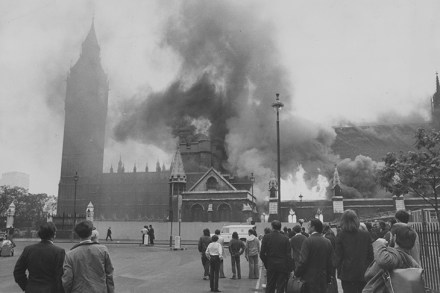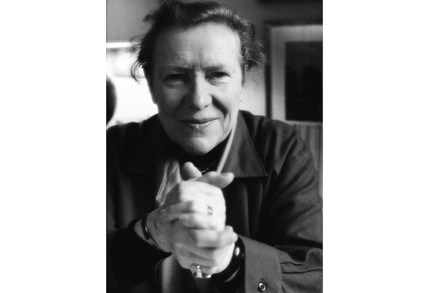Humiliating the IRA was a fatal mistake
It was said that Reginald Maudling, as home secretary, once boarded a plane in Belfast and immediately requested a stiff drink, muttering: ‘Get me out of this awful bloody country!’ This does not appear in Ian Cobain’s compelling, interwoven narrative about a killing in Lisburn, near Belfast, in April 1978, but it emblemised some of London’s attitudes to what was sometimes called ‘Ulster’. Even during the height of the Troubles, with daily shootings, bombings and killings, the Province was frequently ignored at cabinet level: the spirit of Maudling prevailed in both Conservative and Labour administrations. By Cobain’s measure, Labour’s Roy Mason was as bad as any Tory. His hardline swaggering




















